Hope Reflected | Do you work out?
Written by H, Posted in Christian Living, Published Work
A strong spiritual life requires strength training.

Recently, Wes and I have heard about the daily fitness regimens of several of our friends. While we don’t consider ourselves to be fitness buffs by any stretch of the imagination, Wes and I do enjoy engaging in moderate physical activity.
Even more important than keeping your physical body in shape, we need to keep our spiritual life strong and in shape. People often talk about how important the food is that we feed our bodies, and even more important is the soul food.
Like physical exercise, working out spiritually should be pursued thoughtfully, mindfully, and most importantly, with consistency. “They that wait upon the Lord shall renew their strength; they shall mount up with wings as eagles; they shall run, and not be weary; and they shall walk, and not faint.” (Isaiah 40:31) A strong spiritual life requires strength training.
Lift up your eyes, your praises, and your requests to the Lord. “I will lift up mine eyes unto the hills, from whence cometh my help. My help cometh from the LORD, which made heaven and earth.” (Psalm 121:1-2) When it comes to weights, lifting is best done with a spotter. When it comes to your spiritual well-being, you’ve got more than just a spotter. Our help comes from the Lord, who made heaven and earth. He is all-powerful (omnipotent), all-knowing (omniscient), and there is no place we can go without His presence (omnipresent). As the Creator of Heaven and Earth, our Lord should be the first place we go to – not just for help, but with our thanksgiving – for every thing. “In every thing by prayer and supplication with thanksgiving let your requests be made known unto God.” (Philippians 4:6)
More so than the sports themselves, the thing the sticks with me most from the ’92 Summer Olympics in Barcelona is the pictograms that were used for each sport. That summer, javelin and shot put were two of the highlighted sports. That act of casting, launching an object to see how far you can throw it is a great work out. We’re told in 1 Peter 5:7 to cast all our cares upon Christ because He cares for us. The act of casting isn’t just handing something over, or letting it go, no, casting requires us to exert some effort and throw our cares at Christ’s feet. Take off your burdens, and leave them with the Lord.
While it’s not the exercise for everyone, long distance running requires a great amount of endurance, patience, and proper form. The same can be said of our spiritual state. “Let us run with patience the race that is set before us.” (Hebrews 12:1) Those who are truly seeking after the Lord will confirm that running this race called life requires a great deal of patience. We don’t suddenly just ‘get there’, or achieve spiritual success – it’s a journey. Like long distance running, we need to learn the art of patience. “They that wait upon the LORD shall renew their strength; they shall mount up with wings as eagles; they shall run, and not be weary; they shall walk and not faint.” (Isaiah 40:31)
Wes and I enjoy walking. While we’re all running this race through life, we need to remember that our walk with the Lord requires consistency and it is one of the most important parts of staying strong spiritually. There are many Bible verses that reference the importance of walking with the Lord, including Isaiah 30:21, which says, “This is the way, walk ye in it.” We are also commanded in Micah 6:8 to “walk humbly with the Lord.” Walking is a critical component of staying spiritually fit. Lifting, casting, running, and walking are all important activities when it comes to staying strong spiritually. At times it may be scary, and we’re never guaranteed that it will be easy, but remember to stay the course when it comes to staying spiritually fit. Be consistent, be faithful, and the Lord will bless. “Fear thou not; for I am with thee: be not dismayed; for I am thy God: I will strengthen thee; yea, I will help thee; yea, I will uphold thee with the right hand of my righteousness.” (Isaiah 41:10)


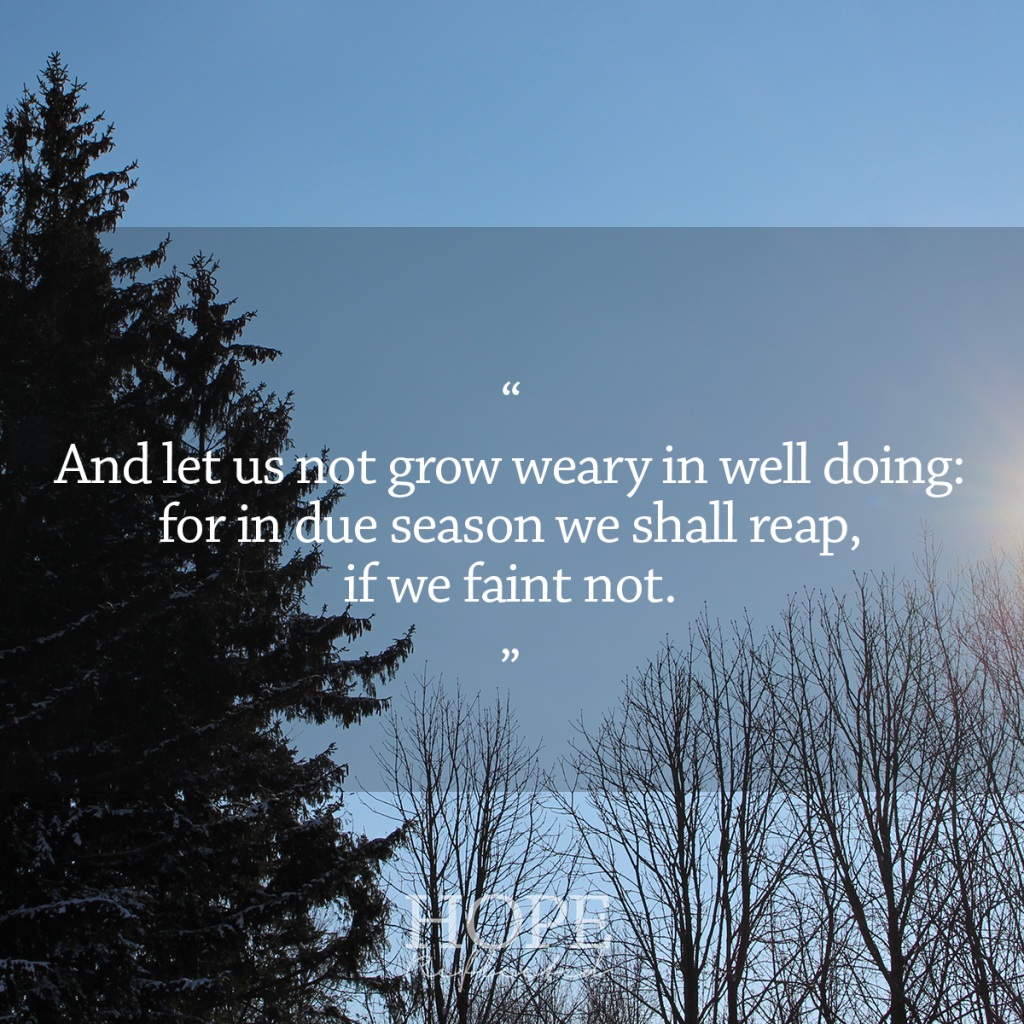
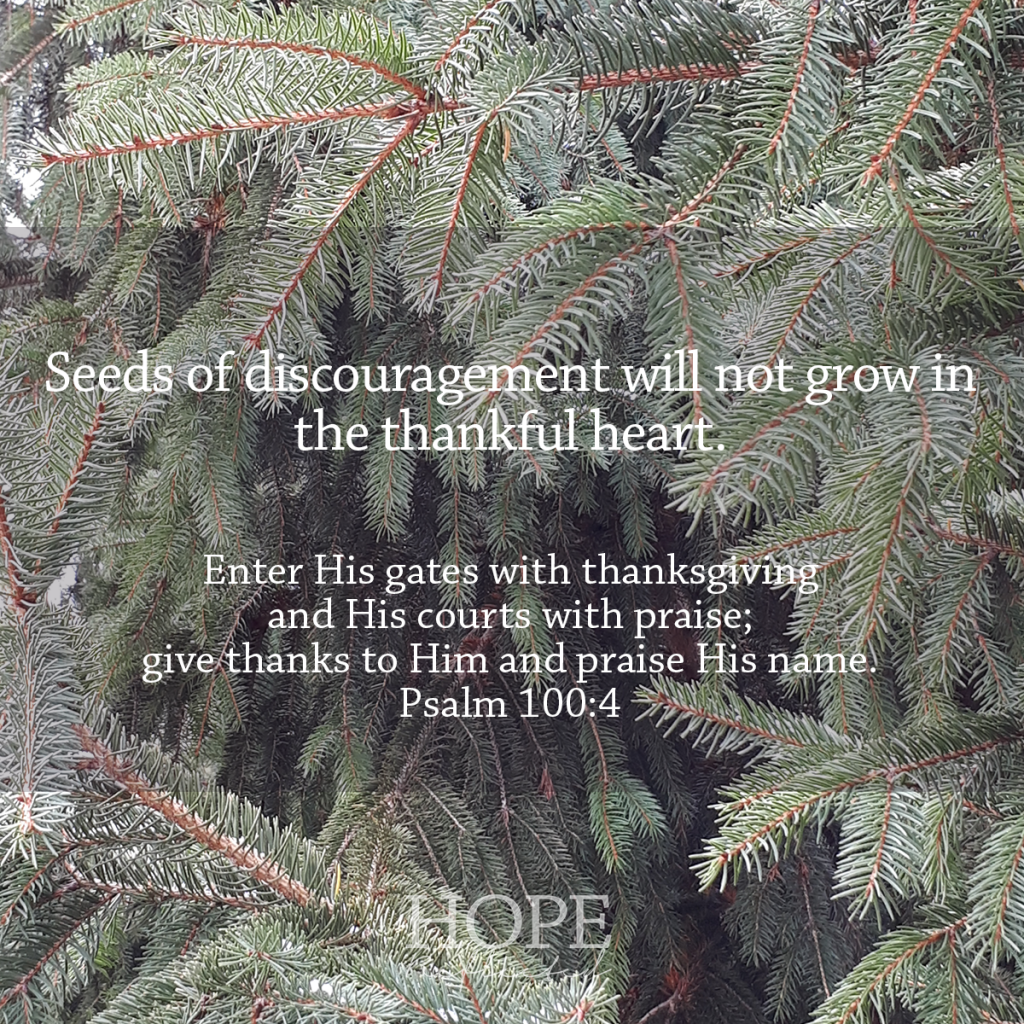
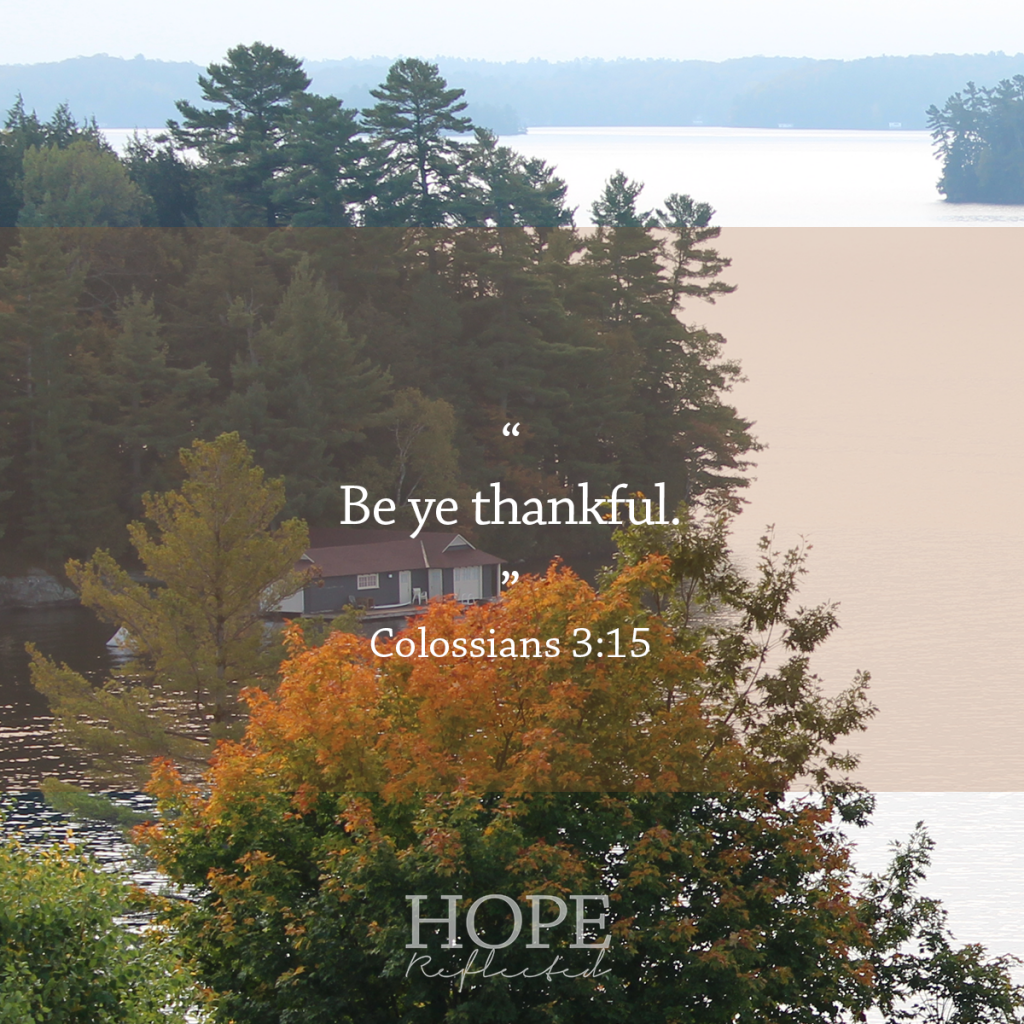

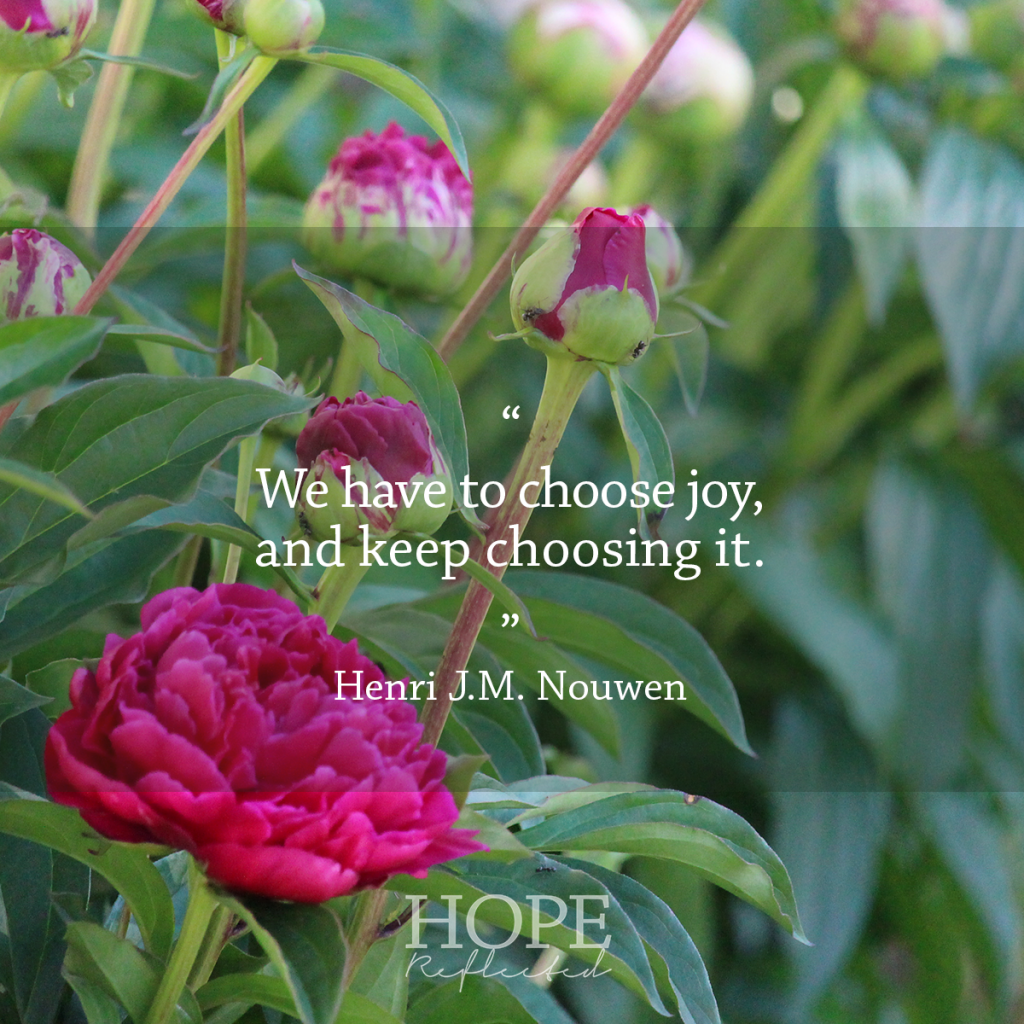

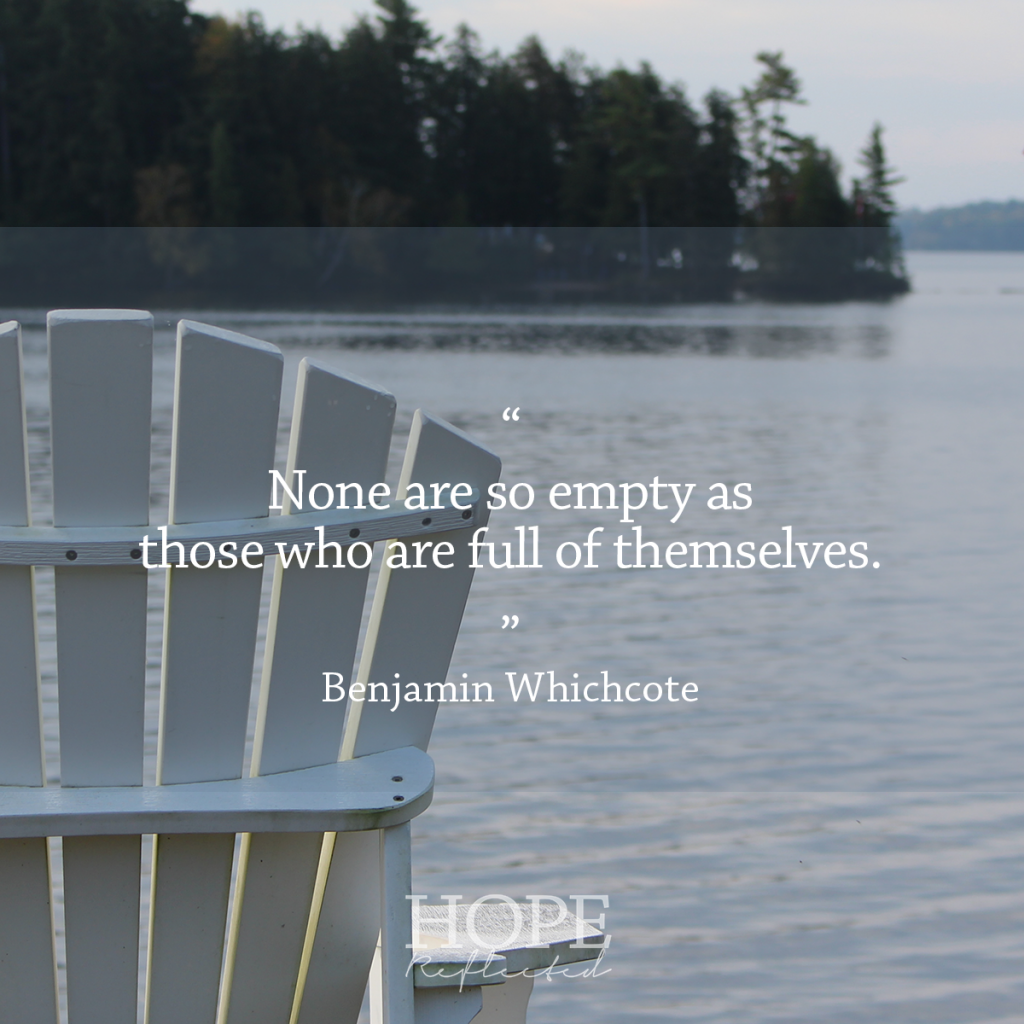


![False friends or counterfeit kindness; whatever you want to call it, the world is filled with people who will say one thing to your face and then another behind your back; people who will woo you in order to get something from you.
It’s sad, but it’s true.
The Bible provides us with examples from Joab to Judas, and yet, we’re surprised when we find ourselves deceived and hurt by someone else.
So what are some of the hallmarks of a true friend?
You can read more about this on hopereflected.com [Link in profile]
.
.
.
#friends #friendship #kindness #counterfeitkindness #hurt #proverbs #truefriends #hopereflected #blog #blogpost](https://www.hopereflected.com/wp-content/plugins/instagram-feed/img/placeholder.png)